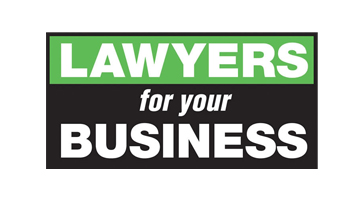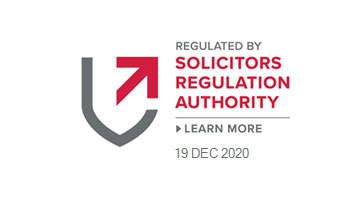Navigating the legal landscape of running a small business can often feel like navigating a minefield without a map. For small business owners in the UK, understanding the rules and regulations surrounding shares and shareholders is crucial. Proper legal advice and clarity in your business transactions can be the difference between smooth operations and facing overwhelming legal complexities that could jeopardise your business.
In This Article
Key Concepts
Shares: Shares represent units of ownership in a company. When you buy shares, you’re essentially purchasing a portion of the company, entitling you to a share of the profits, voting rights, and a say in how the company is run. Shares can be transferred, sold, or inherited, making them a vital aspect of your business’s equity structure.
Shareholders: Shareholders, also known as members, are individuals or entities that own shares in a company. Their responsibilities and rights are defined by the amount and type of shares they hold.
Rules and Regulations
Issuance of Shares:
- Companies must follow specific procedures for issuing shares, including obtaining shareholder approval and ensuring compliance with the Companies Act 2006.
- Proper records must be maintained in the company’s Register of Members and the details updated in the statutory filings with Companies House.
Types of Shares:
- There are different types of shares, such as ordinary shares, preference shares, and redeemable shares, each carrying different rights and obligations.
- Understanding the differences between these shares is crucial for the strategic distribution of company equity.
Shareholder Agreements:
- Shareholder agreements are vital as they outline the rights and responsibilities of each shareholder, preventing disputes.
Pre-emption Rights:
- These rights give existing shareholders the first opportunity to buy new shares before they are offered to outsiders.
- This is essential in protecting the control of existing shareholders and maintaining the balance of ownership.
Transferring Shares:
- Share transfers must comply with the terms set out in the Articles of Association and any shareholder agreements.
- Stamp duty may be payable on the transfer of shares.
Dividends and Voting Rights:
- Dividends are payments made to shareholders from a company’s profits. The rights to dividends and voting are usually proportional to the number of shares held.
- Different classes of shares might have different rights concerning dividends and voting.
The Need for Legal Support
Overwhelmed by these complexities? Proper legal support ensures you navigate these rules without falling into common pitfalls. At Onyx Solicitors, we understand the stress and anxiety that can come from potential legal pitfalls. Our goal is to provide straightforward, transparent, and tailored legal advice to help you focus on expanding your business rather than getting bogged down by legal issues.
Your Next Step
For over 20 years, Onyx Solicitors has been the trusted partner for small business owners throughout Birmingham and the UK. We offer fixed-fee legal services with quick turnaround times, responsive communication, and digital conveniences like online document signing and meetings.
Phone: 0121 268 3208
Email: info@onysolicitors.com
Book a FREE consultation with one of our advisors and ensure your business is protected by trusted legal expertise. Your dream of running a reputable, financially stable business is within reach with the right legal partner by your side.
Onyx Solicitors: Helping you navigate the minefield of legal complexities, so you can focus on building your business empire.





